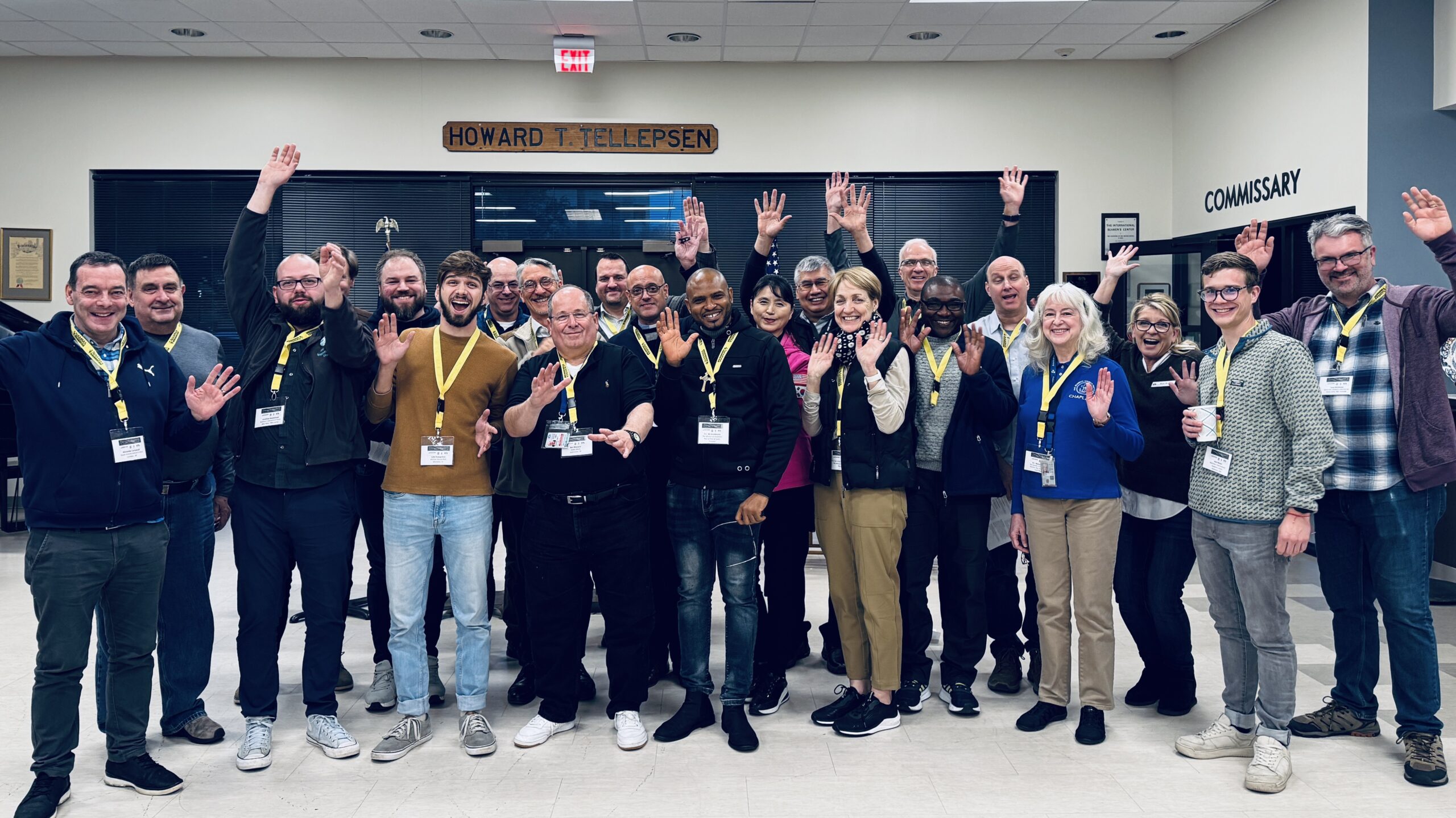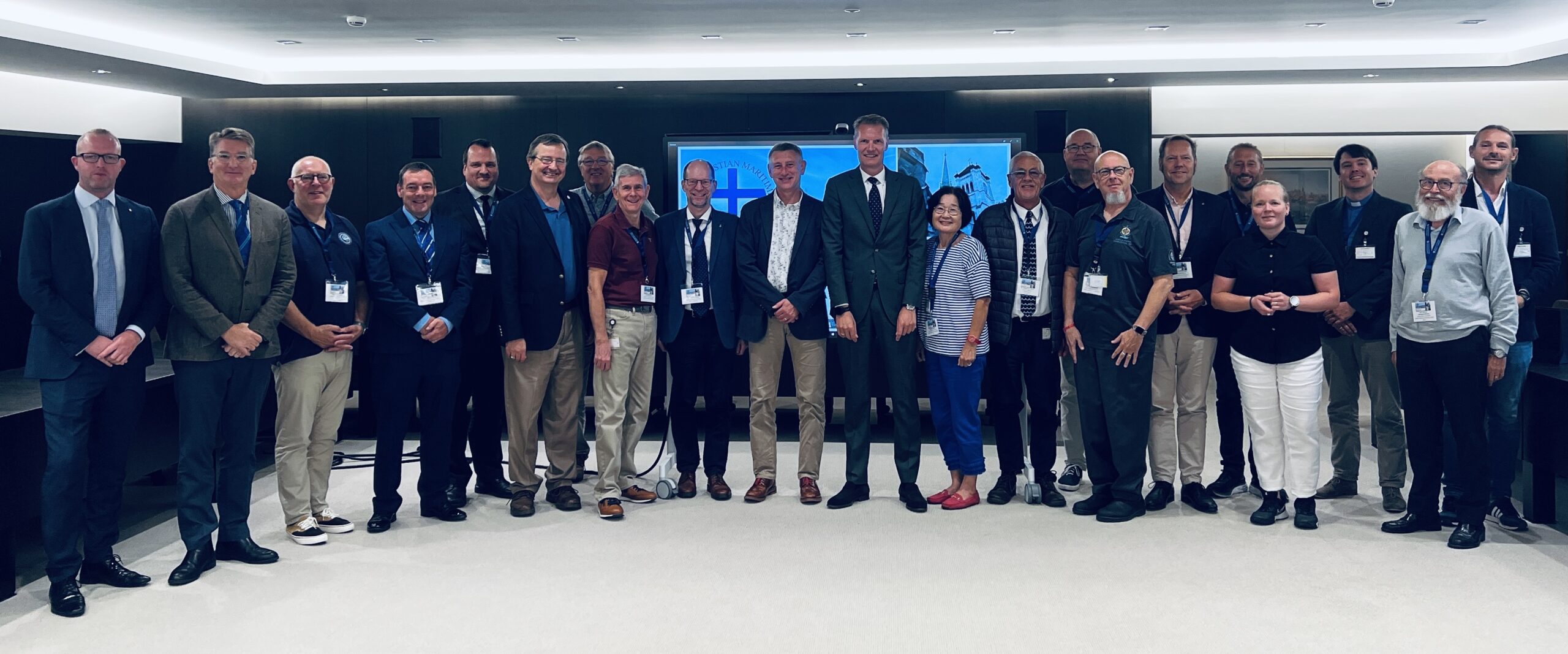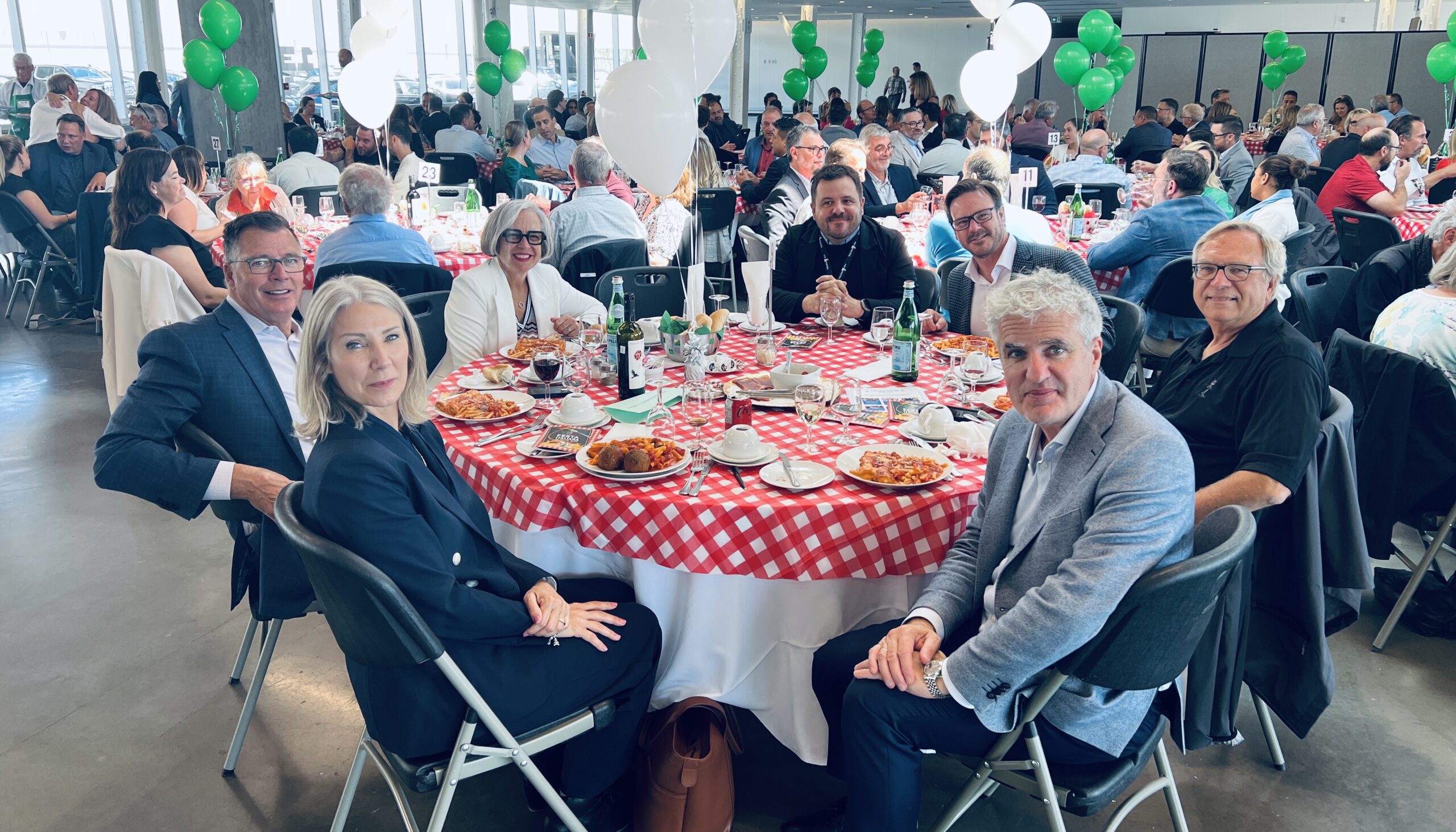by Susan Huppert, NAMMA
Familiarity brings comfort. Due to the global pandemic, this year’s fundraising for seafarer centers, ministries and those who support mariners was critically challenged. The normal ways of attracting donations have no longer been possible. Large group banquets and galas are out, but budgets still need to be met. Options that engage with people at home and that rely heavily on the Internet are the in the mix of what to do next.
The Rev. Mark Nestlehutt assumed the role of president and executive director of the Seamen’s Church Institute of New York & New Jersey in February, 2020, unaware that an international pandemic derailing his ability to hold in-person fundraising events would shortly follow.
“It is very stressful trying to raise revenue from special events in a world when you cannot do special events,” said Nestlehutt.
The SCI serves the seafaring community in three specific areas: the Centers for Maritime Continuing Education in Paducah, Kentucky and Houston, Texas; the Center for Mariner Advocacy, supporting seafarers with professional legal advocacy; and the Ministry on the River which supports chaplains and those who work on the river systems. SCI also supports seafarer outreach in the Port of Newark, New Jersey.
In pre-COVID times the SCI benefitted financially from three major fundraising events annually. Social distancing coupled with government and industry COVID-19 regulations means formal luncheons and galas require more than an upgrade of previous years. It’s a complete makeover.
“We are working on how to create an event people will want to attend and enjoy,” said Nestlehutt. “We have to understand that donor fatigue is real.”
SCI cancelled its 21st annual River Bell Awards Luncheon scheduled for December. Instead donors will be offered a modified experience with an online auction and a direct appeal letter explaining the inability to hold its event and the remaining need for support. Nestlehutt is realistic about SCI’s strong history with many of its supporters.
“There is a lot of goodwill for SCI out there,” Nestlehutt said. “Yet, we don’t know what this will look like.”
Events like SCI’s Silver Bell Awards Dinner or the annual International Golden Compass Gala of Seafarers’ House in Fort Lauderdale’s offer guests cocktails, seated dinners, formal dances or programs. Gatherings like these create energy for the missions and opportunity to meet donors face-to-face with genuine thanks. SCI normally hosts 800 industry associates at its Silver Bell Awards Dinner. Seafarer’s House, Fort Lauderdale serves about 400 at its gala. This year both events were converted to virtual experiences. SCI will include a 2-day online auction with generous support for its auction items and an additional option for online donations. They hope to raise $400,000USD.
According to Development Director Jennifer Stewart, converting the Seafarer’s House gala to a virtual event was “nerve-racking.”
She and her team accessed professionals in the trade, reviewed multiple webinars and used resources from their cruise industry.
“Our goal was to make sure the online event had the same look and feel as our regular gala,” she said. “It took a lot of learning and a lot of practice. Stressful? Multiply by ten.”
Organizing the pre-event Meet and Greet portion via Zoom called for virtual meeting rooms specific to each table’s guests.
The enlistment of Royal Caribbean Cruises, VP of Entertainment, smoothly bridged the gap between guests and computers. A huge addition was the successful effort to invite crews from Celebrity ships to participate electronically, virtually bringing seafarers into the homes of gala guests.
Give from the Heart, a program that operates in the style of a Jerry Lewis telethon was incorporated for additional virtual funding. Still another format was used to manage fundraising from their silent auction.
“What you give up in the costs of food and drinks shifts to your audio-visual production company,” said Stewart. “Our virtual crew was great and stayed with us until the end.”
The Florida mission covered its details. Training opportunities for guests to practice logging in to the event, staff dress rehearsals and pre-produced portions of the event allowed for tweaking and the goal of a flawless delivery.
“We did a lot of learning, a lot of practice and a lot of communication with our attendees,” said Stewart.
The comfort of the guests was essential. Executive Director Lesley Warrick created electronic commercials the week of the event to prepare guests and promote the gala. “Happy Hour with Lesley” helped guests challenged with the logging in process and “Bagels with Lesley” created a practice session for those planning to attend.
In Texas, the Houston International Seafarers’ Center would normally net about $200,000USD from its annual gala. Prior to shifting it to a virtual event, $140,000USD in table sponsorships were committed and thankfully remained. According to Executive Director, Dana Blume the event went well. It was clearly a team effort among their 32 board members and business development chairperson.
Diversified streams of income help ministries during the COVID-19 pandemic. Houston receives a $100,000USD donation from its port and typically more than $250,000USD from voluntary tariffs billed by the port throughout the year and payed to the center monthly. These remain consistent.
Other methods of fundraising that require less coordination than a gala may not only increase revenue but expand exposure.
The Houston center creatively employs an outdoor flagpole resembling a ship mast as a fundraising tool. Organizations or agencies compete to fly their flag for one year and gain exposure. Establishments like the U.S. Merchant Marine Academy rival universities for bragging rights. Each organization pays $200USD to be nominated. Voters pay $25USD to register through the virtual auction. Creating competition fosters momentum and the opportunity to extend the mission to a larger audience.
Grant funding also provides income unobstructed by the pandemic. Thanks to emergency grants of the ITF Seafarers’ Trust and the TK Foundation, the Houston center benefited from $40,000USD in grant funding. Seafarers International House, New York, benefitted from the same.
“We closed our guesthouse in March and laid off 23 employees, some being there more than 30 years,” said Rev. Marsh Dredge, Seafarers International House. “These people are like family.”
The guest house began in 1873, later meeting the needs of seafarers and homeless men during the depression. Housing the “unseen” and adapting and refocusing has been part of its history. It has been a financial engine – but not now.
In addition to the guesthouse, the Seafarer’s International House gala fit well among its New York counterparts.
“Our gala event is a very high-profile elegant event that routinely nets around $120,000[USD],” said Dredge. It has been postponed.
As executive director he is thankful for the leadership surrounding him during these uncharted times.
“The support of our committees is life-giving to me. We meet a lot and pray a lot, always trying to figure out how. We struggle everyday with where is God leading us. We are really in deep trouble. There is no getting around it,” said Dredge. “I am a person of faith. The pressure is great.”
The COVID-19 shutdown on worship gatherings shakes donations too. Patricia Sarazen, administrator of the Montreal Ministry to Seafarers is grateful for the annual support of The Christian Reformed Church which designates $55,000CAD regionally and $45,000CAD through local churches to the ministry. Individual donations drop as churches are not meeting in person and private incomes have changed.
Centers with endowment funds or foundations may begin to resource these as the second wave of the pandemic is now upon us.
Nestlehutt says the SCI endowment fund is for lean and challenging times.
“I can’t imagine a more lean and challenging time,” he said.
A bright note remains the knitters across the nation, strongly behind their respective missions are not slowing down. Whether confined to home or not, they continue to produce hats and scarves for the various seafarers’ Christmas programs. Boxes of gifts and handmade items being shipped to the centers verifies supporters are personally connected, committed and still there.
Image: Seafarers’ House in Fort Lauderdale held its 2020 Golden Compass gala on September 26 online. The dynamic MC, Nick Weir, Senior Vice President of Entertainment at Royal Caribbean International, was live in studio as the guests watched online. The Golden Compass honoree, Lisa Lutoff-Perlo, CEO of Celebrity Cruise Lines, joined from her home via video link. Images courtesy of Seafarers’ House.





